The Irish Grain Growers Group held its AGM on Tuesday evening (see page eight). The busy meeting was further evidence that what began as effectively a protest group, around the arrangements agreed by IFA negotiators with Boortmalt, is maturing into a credible growers representative group.
It’s one in what is becoming a crowded landscape of farmers’ representatives. The Irish Natura and Hill Farmers Association (INHFA) and Designated Land Farmers (IFDL) are two other groups that have emerged in the last few years. The Beef Plan Movement is harnessing the unhappiness of cattle farmers in an energetic ground-up phenomenon.
These groups need not necessarily threaten the strength of the IFA as the catch-all organisation for all farmers. There are many farmers who hold dual-membership – belonging to a sector-specific organisation and the IFA.
What they mean is that the IFA position on big-ticket issues, particularly CAP reform, is not automatically the default position then adopted by the Irish Government. In the last CAP reform round, the Irish response to the Ciolos reforms was dictated by the IFA. The rows were had within the organisation – to its cost – and then presented to Government as the Irish position.
There was one distinct advantage in this for the Irish Government. With a consensus in place as to the CAP priorities, the Department of Agriculture officials and the minister of the day could focus on maximising the Irish position in Brussels.
National debate
Having to manage the national debate will distract and delay the Government. Trying to please a whole disparate group of farm lobby groups could well lead to a watery fudge rather than an enlightened reform.
If we are going to have a row, or an even-tempered debate for that matter, over CAP reform, we need to do it soon
Michael Treacy, the former IFA Brussels officer, was a shrewd judge of how to work the corridors of power. He had a mantra for delegations of Irish farmers: “Tell me what you want, and I’ll do my best to get it for you.”
But what happens when there is no agreement on what is wanted? One only has to look at the mess that is the British Parliament’s Brexit dilemma, where there is a majority opposed to every proposal but no concept that can gain widespread support. If we are going to have a row, or an even-tempered debate for that matter, over CAP reform, we need to do it soon.
If we don’t know what we want as a nation, we have no chance of getting it.




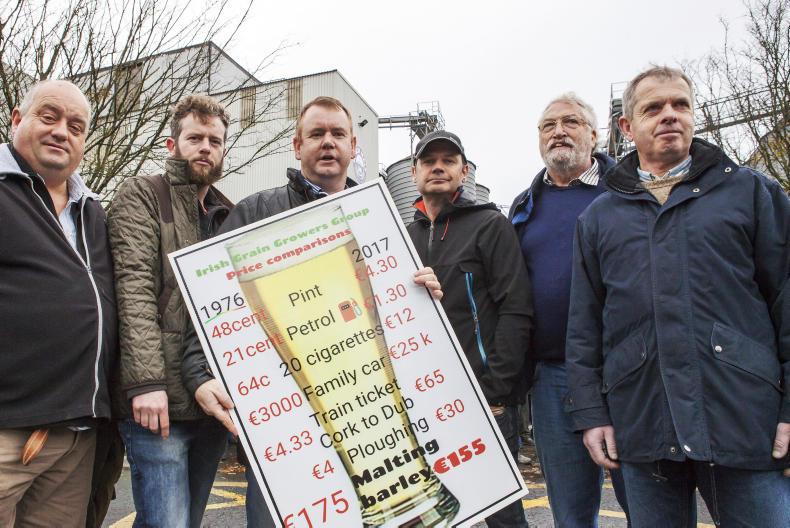
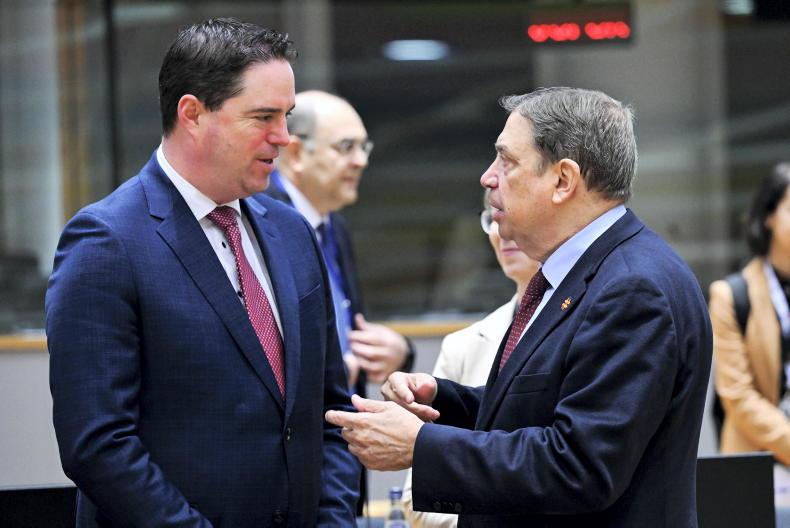
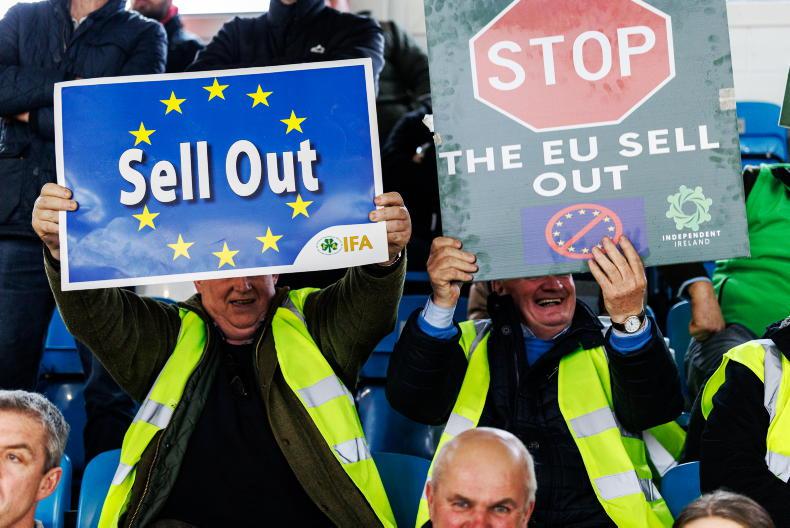
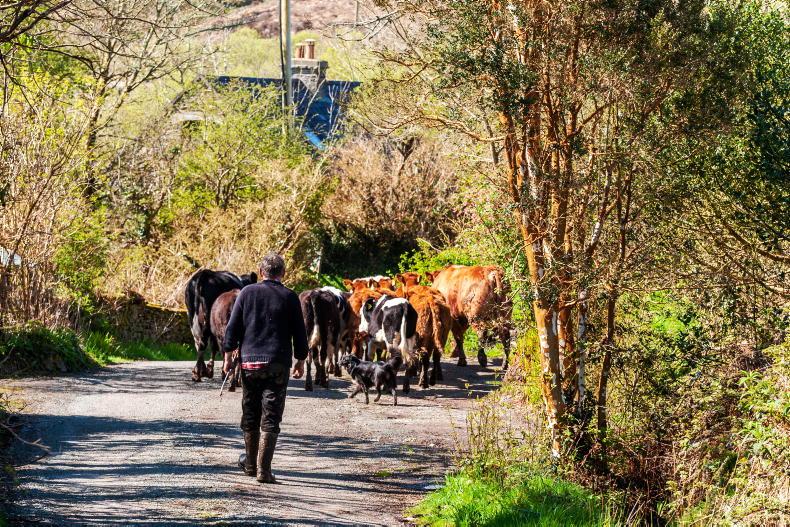
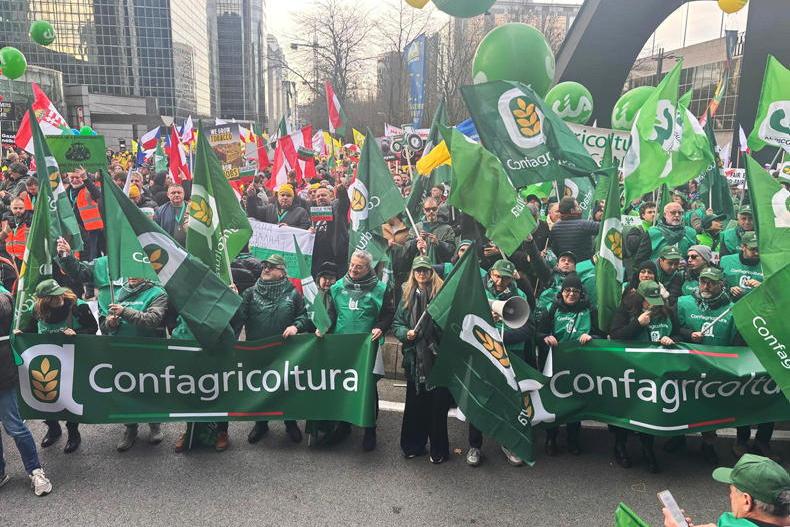
SHARING OPTIONS